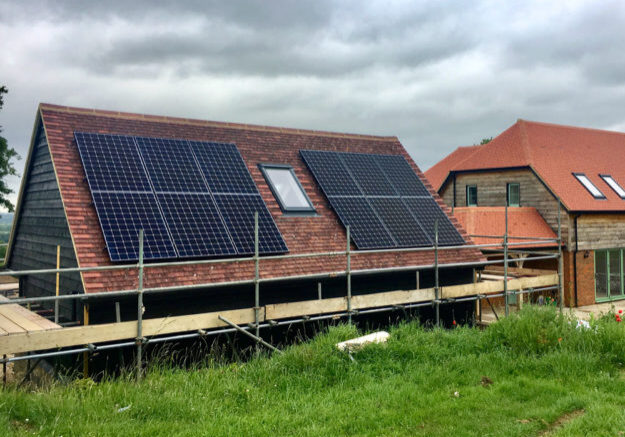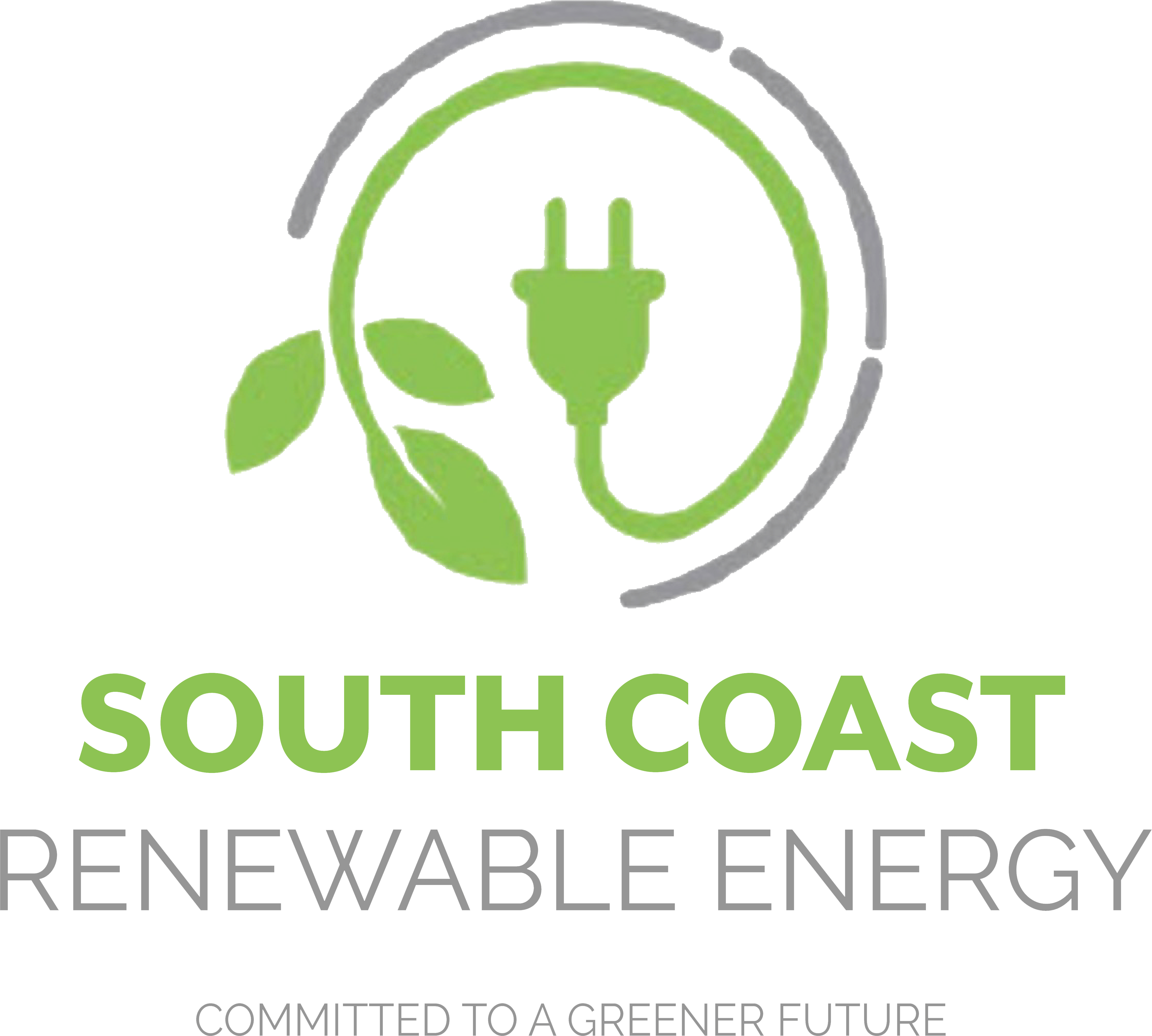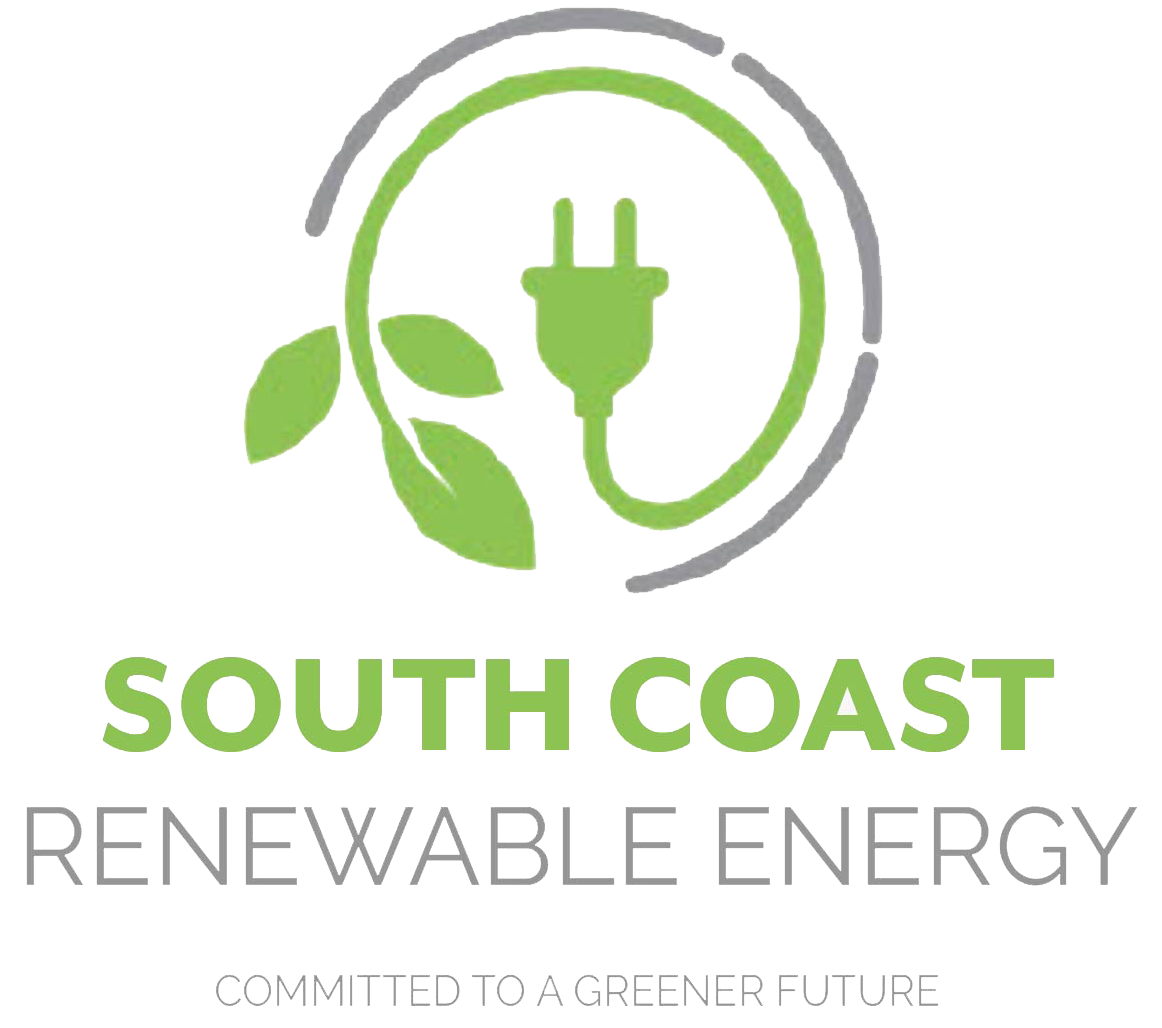
What Are Solar PV Panels?
Solar panels, also known as Solar Photovoltaics or Solar PV for short, have been a popular renewable energy choice for over two decades. Solar PV panels generate electricity from daylight meaning they do not produce any harmful pollution. This technology can help towards protecting the environment and helping the fight against climate change by utilising natural resources. Solar PV is not just beneficial to the environment but beneficial to your pocket too – Solar PV can reduce your energy bills by up to 70%! Now that really is a win win situation!
One of the first and most important question customers ask us is - Do they work in England as we don’t get that much sun? - The simple answer is yes; Solar Panels do work on cloudy days! The stronger the sunshine is, the more electricity is produced but even on overcast days the cloud is still penetrated by enough solar radiation to generate electricity.
How Do Solar PV Panels work?
Solar photovoltaic (PV) panels are made up using photovoltaic cells that capture solar radiation (energy) from the sun and convert it into electricity. The cells are set between semi-conducting materials, usually silicon. When light shines on the material it becomes energised and creates a flow of electricity. The solar cells don’t need direct sunlight to generate electricity as they react to visible light therefore allowing them to work even on cloudy days.
The electricity must then pass through an inverter to make it suitable for use in the home. The solar cells initially generate a DC current (direct current) which must be converted to an AC current (alternating current) before being useable within the home. The inverter is normally conveniently positioned inside your home and as close to the solar panels as possible, such as the loft or garage.
Read our case studies here
Why Chose Solar PV?
- Supplied By Nature - Solar energy is free and abundant and can be made wherever there is sunlight.
- Your energy bills will be reduced as you’re generating your own electricity.
- Solar panels protect you against future energy price rises.
- With the costs of Solar Photovoltaic (PV) panels reducing, they are becoming economically viable and environmentally sustainable.
- Sell electricity back to the grid through the Smart Export Guarantee (SEG). The SEG is an obligation set by the government for licensed electricity suppliers to offer a tariff and make payment to small-scale low-carbon generators for electricity exported to the National Grid, providing certain criteria are met.
- Reduced energy bills appeal to buyers and will increase the value of your property.
- Most solar panel installations don’t require any planning permission and can be installed in 1-2 days (depending on the project).
- Once installed, solar panels require very little maintenance.
- When used with solar battery storage, you can store and use the generated power at night.
- Solar panels generate electricity silently – no noise for you or your neighbours.
What Are Solar PV Panels?
Solar panels, also known as Solar Photovoltaics or Solar PV for short, have been a popular renewable energy choice for over two decades. Solar PV panels generate electricity from daylight meaning they do not produce any harmful pollution. This technology can help towards protecting the environment and helping the fight against climate change by utilising natural resources. Solar PV is not just beneficial to the environment but beneficial to your pocket too – Solar PV can reduce your energy bills by up to 70%! Now that really is a win win situation!
One of the first and most important question customers ask us is - Do they work in England as we don’t get that much sun? - The simple answer is yes; Solar Panels do work on cloudy days! The stronger the sunshine is, the more electricity is produced but even on overcast days the cloud is still penetrated by enough solar radiation to generate electricity.
How Do Solar PV Panels work?
Solar photovoltaic (PV) panels are made up using photovoltaic cells that capture solar radiation (energy) from the sun and convert it into electricity. The cells are set between semi-conducting materials, usually silicon. When light shines on the material it becomes energised and creates a flow of electricity. The solar cells don’t need direct sunlight to generate electricity as they react to visible light therefore allowing them to work even on cloudy days.
The electricity must then pass through an inverter to make it suitable for use in the home. The solar cells initially generate a DC current (direct current) which must be converted to an AC current (alternating current) before being useable within the home. The inverter is normally conveniently positioned inside your home and as close to the solar panels as possible, such as the loft or garage.
Read our case studies here
Why Chose Solar PV?
- Supplied By Nature - Solar energy is free and abundant and can be made wherever there is sunlight.
- Your energy bills will be reduced as you’re generating your own electricity.
- Solar panels protect you against future energy price rises.
- With the costs of Solar Photovoltaic (PV) panels reducing, they are becoming economically viable and environmentally sustainable.
- Sell electricity back to the grid through the Smart Export Guarantee (SEG). The SEG is an obligation set by the government for licensed electricity suppliers to offer a tariff and make payment to small-scale low-carbon generators for electricity exported to the National Grid, providing certain criteria are met.
- Reduced energy bills appeal to buyers and will increase the value of your property.
- Most solar panel installations don’t require any planning permission and can be installed in 1-2 days (depending on the project).
- Once installed, solar panels require very little maintenance.
- When used with solar battery storage, you can store and use the generated power at night.
- Solar panels generate electricity silently – no noise for you or your neighbours.

